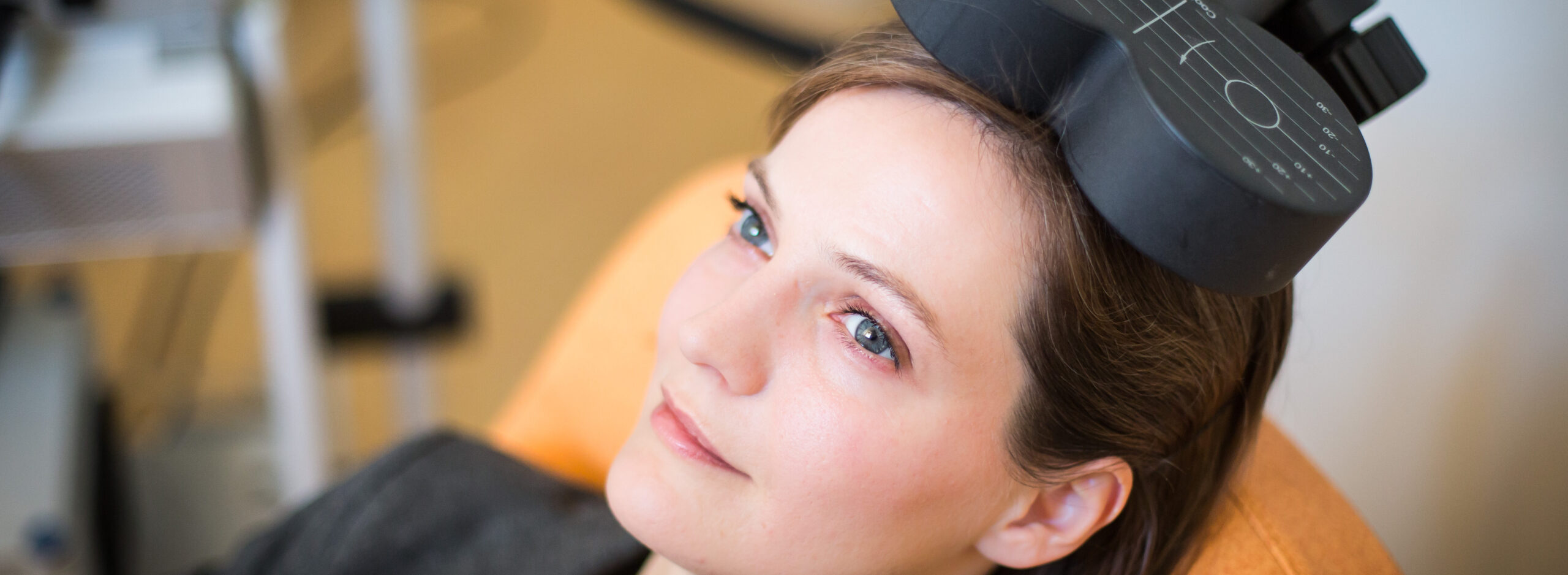
Innovations in Brain Research and Care
Millions of people worldwide live with brain diseases such as Alzheimer’s disease, Parkinson’s disease, epilepsy, and depression. For many, medication offers little to no relief for their symptoms, with serious implications for their physical and emotional health. The Center for Brain Circuit Therapeutics at Brigham and Women’s Hospital—the only center of its kind in the world—is changing this reality.
The center is led by Brigham neurologist Michael D. Fox, MD, PhD, who is also the Kaye Family Research Director of the Psychiatric Brain Stimulation Program. The center focuses on brain circuits, which are sets of connected brain cells that together perform a specific function, such as speaking or walking. Brain diseases can damage these circuits, leading to neurologic or psychiatric symptoms.
New, life-changing therapies
Make a difference
You can support cutting edge research and care through your estate plans.
Learn more
Thanks to recent advances in brain imaging, Brigham scientists and clinicians can now identify the brain circuits responsible for these symptoms and use neuromodulation therapies to directly target the circuits with mild electrical stimulation. As a result, they are able to alleviate patients’ symptoms in ways not possible with medication. The Center for Brain Circuit Therapeutics is one of only a few centers worldwide to offer patients the full range of neuromodulation treatments, including deep brain stimulation, transcranial magnetic stimulation, and MRI-guided focused ultrasound.
These innovative treatments are already proving to be life-changing for people with movement disorders, depression, and epilepsy, and have vast potential for many other diseases and conditions, including Alzheimer’s disease, autism, obsessive-compulsive disorder (OCD), bipolar disorder, substance use disorders, and suicidality.
Paving the way for better outcomes
To tap into this potential, the center has a robust research program that brings together scientists from multiple disciplines to better understand the complexities behind brain circuitry and how targeting specific circuits can pave the way for better outcomes. For example, using deep brain stimulation, researchers were able to precisely identify and target circuits that show promise in treating Parkinson’s, dystonia (a movement disorder that causes uncontrollable muscle movements), OCD, and Tourette’s syndrome.
“The diseases and conditions we study represent some of the most pervasive—and heart-wrenching—illnesses of our time,” says Fox. “To be able to offer patients better treatment options is the guiding principle that drives our work.”